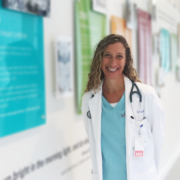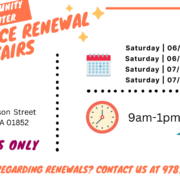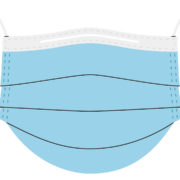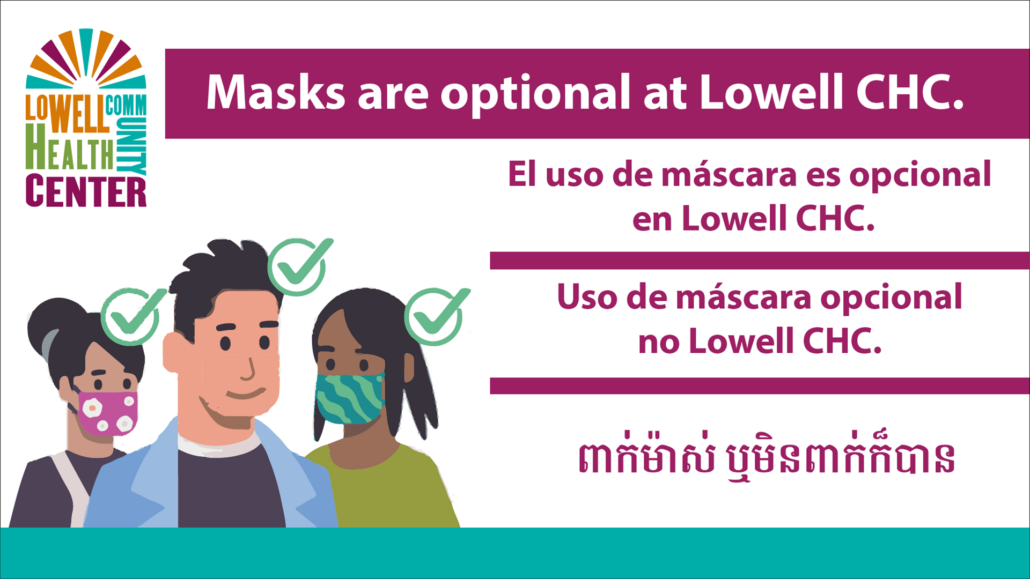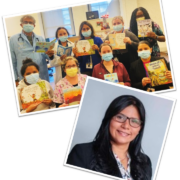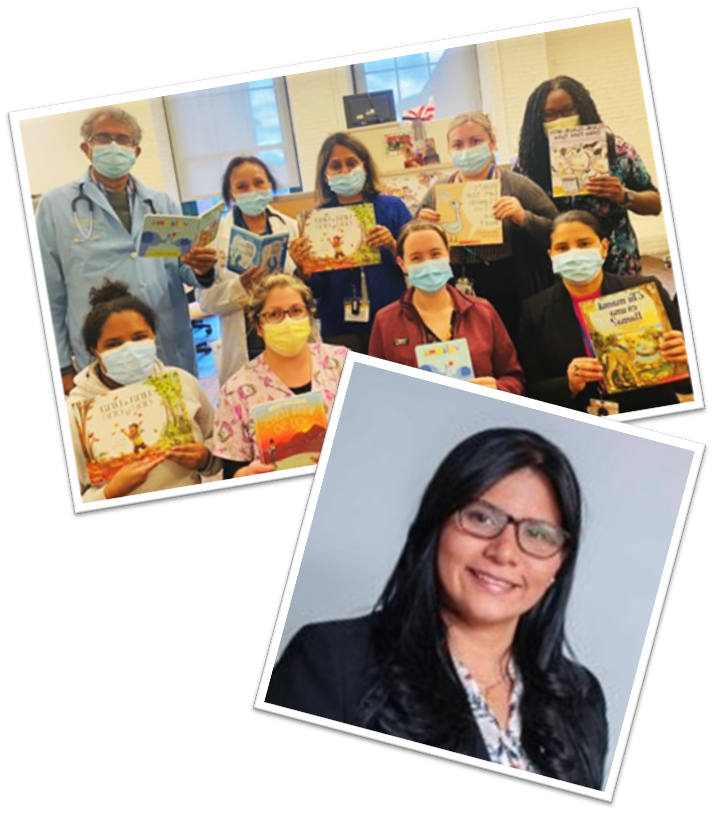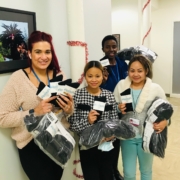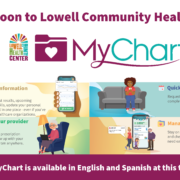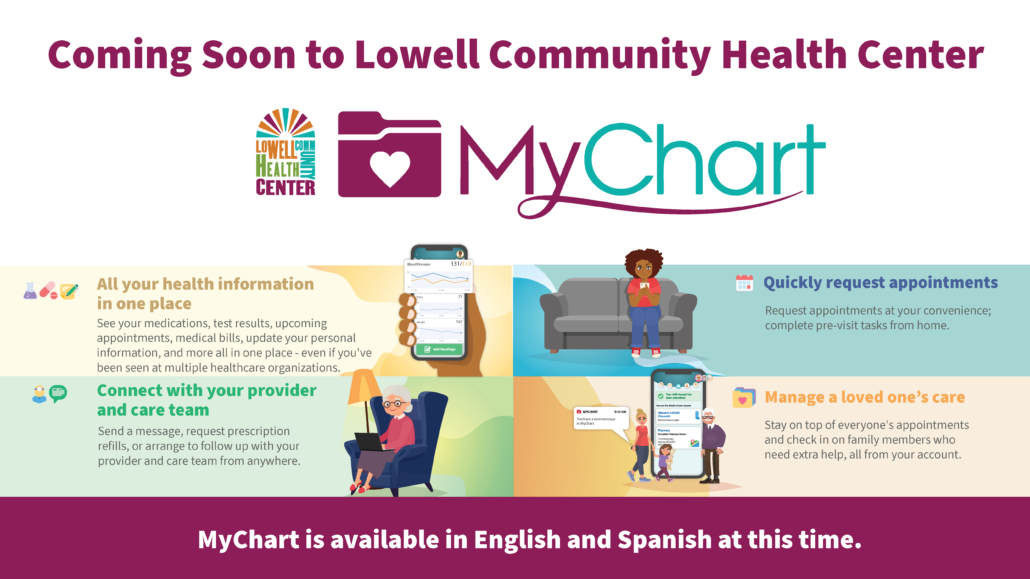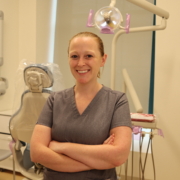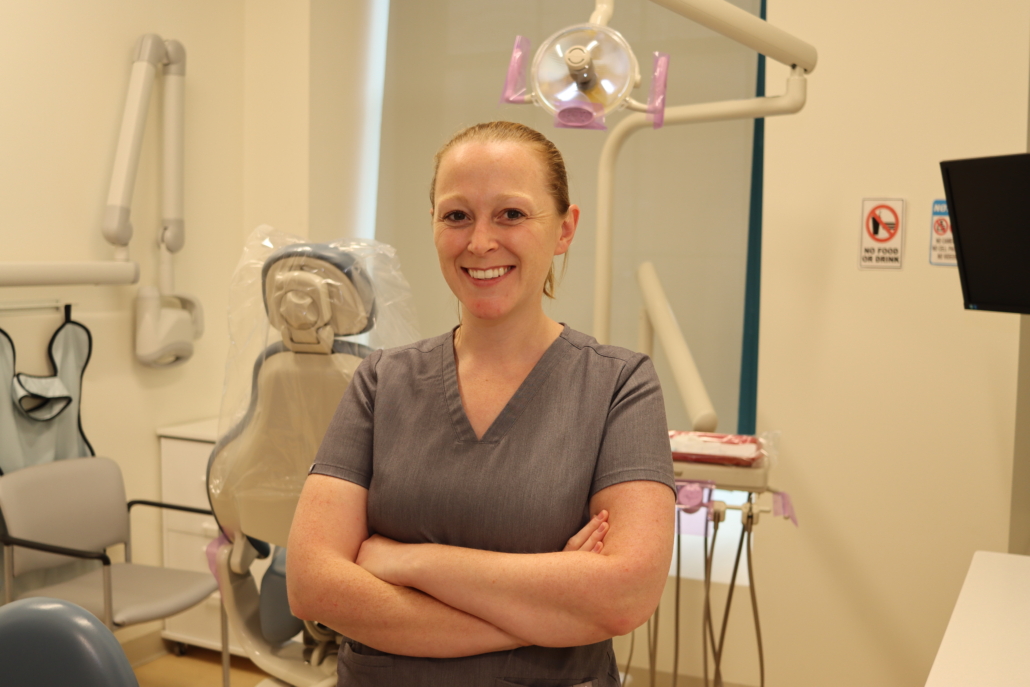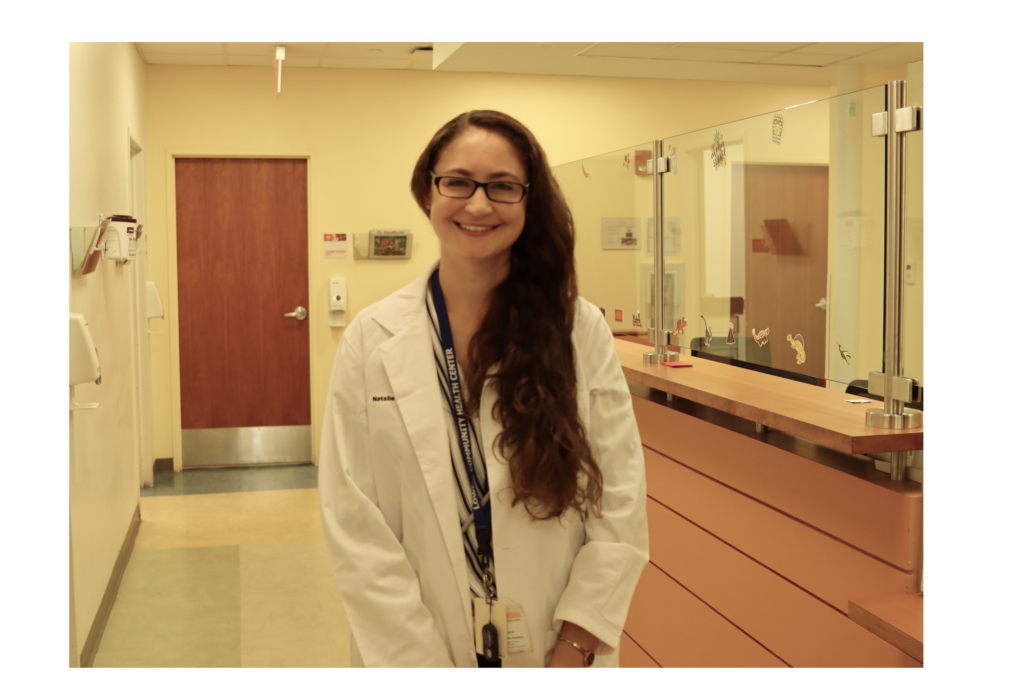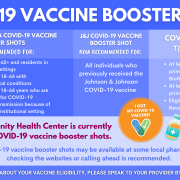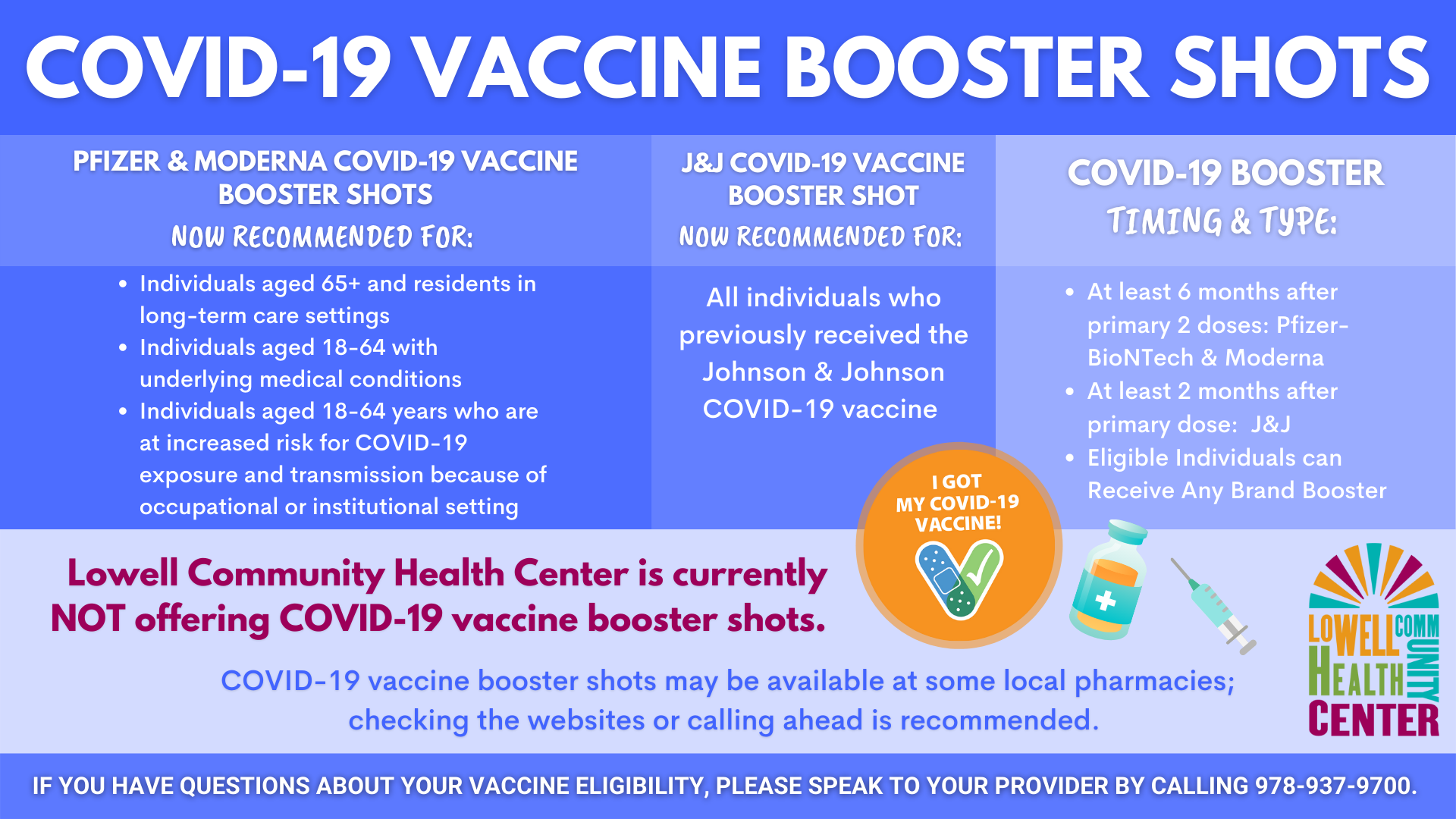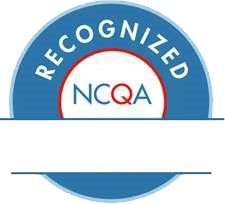Stay Safe During the Heat Wave
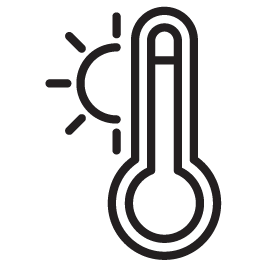
With the upcoming heat wave, it’s important to take extra precautions to stay safe and healthy. High temperatures can be dangerous, especially for young children, older adults, and those with health conditions. Here are some essential safety tips to help you and your loved ones stay cool and safe during this hot weather.
Heat Safety Tips:
- Wear appropriate clothing: Choose lightweight, loose-fitting clothing to help your body stay cool.
- Stay cool indoors:
- Spend as much time as possible in air-conditioned places.
- If your home doesn’t have air conditioning, visit a shopping mall or public library for a few hours.
- Call your local health department or city/town hall to find heat-relief shelters in your area.
- Avoid using your stove and oven to maintain a cooler temperature inside your home.
- Take cool showers or baths to lower your body temperature.
- Do not leave kids or anyone else in cars:
- Cars can heat up quickly to dangerous levels, even with the windows cracked open.
- Never leave infants, children, or pets in a parked car.
- To remind yourself that a child is in the car, keep a stuffed animal in the car seat. When the child is buckled in, place the stuffed animal in the front with the driver.
- Always check to ensure everyone is out of the car before locking it, especially sleeping children.
- Schedule outdoor activities carefully:
- Try to limit outdoor activities to cooler times, like early morning or evening.
- Rest often in shady areas to give your body a chance to cool down.
- Pace yourself:
- Reduce exercise during the hottest parts of the day.
- If you’re not used to the heat, start slowly and increase your activity level gradually.
- Stop all activity if exertion in the heat makes your heart pound or leaves you gasping for breath. Move to a cool area and rest if you feel lightheaded, confused, weak, or faint.
- Wear sunscreen:
- Sunburn affects your body’s ability to cool down and can cause dehydration.
- Wear a wide-brimmed hat, sunglasses, and apply sunscreen with SPF 15 or higher 30 minutes before going outside.
- Reapply sunscreen according to the package directions.
- Avoid hot and heavy meals: These add heat to your body.
- Drink plenty of fluids:
- Drink more fluids than usual, regardless of your activity level.
- Avoid very sugary or alcoholic drinks, as they can cause you to lose more body fluid.
- Avoid very cold drinks, as they can cause stomach cramps.
- Replace salts and minerals: Heavy sweating removes salt and minerals from your body. A sports drink can help replace them.
- Keep pets hydrated: Ensure your pets have plenty of fresh water in a shady area.
- Check for updates: Stay informed by checking local news for extreme heat alerts and safety tips.
- Use a buddy system: Monitor the condition of those around you and have someone check on you.
- If you are 65 years or older, have a friend or relative check on you twice a day.
- Check on high-risk individuals, including infants, young children, older adults, and those with health issues.
Signs of Heat-Related Illness:
- Heat exhaustion:
- Heavy sweating
- Weakness
- Cold, pale, and clammy skin
- Fast, weak pulse
- Nausea or vomiting
- Feeling faint
- Heat stroke:
- High body temperature (103°F or higher)
- Hot, red, dry, or damp skin
- Fast, strong pulse
- Confusion
- Losing consciousness
What to Do If You See Signs of Heat-Related Illness:
- Heat exhaustion:
- Move to a cooler location.
- Lie down and loosen your clothing.
- Apply cool, wet cloths to your body or take a cool bath.
- Sip water.
- Seek medical attention if you vomit, or if symptoms worsen or last longer than an hour.
- Heat stroke:
- Call 911 immediately—heat stroke is a medical emergency.
- Move the person to a cooler environment.
- Reduce the person’s body temperature with cool cloths or a cool bath.
- Do not give the person anything to drink.
Remember to check with your local town or city hall to find out where cooling stations are located. Stay safe and keep cool during the heat wave!
For more information visit – CDC Extreme Heat Prevention


